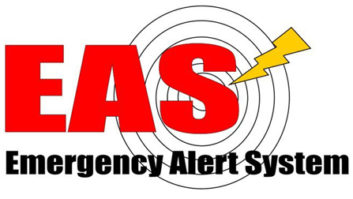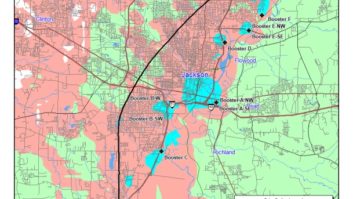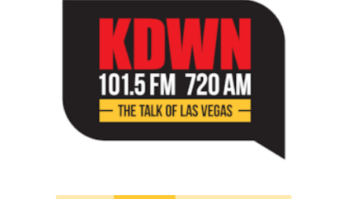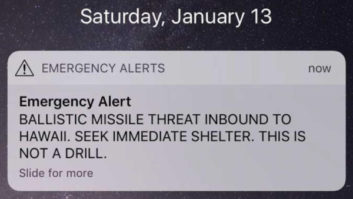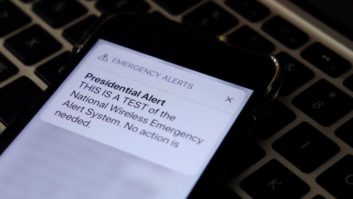How well do you know FCC rules that apply to your station? The questions in this column are derived from the publication “Radio Rules! A Guide to FCC Policies and Procedures for On-Air Staff.” This booklet is published by the National Association of Broadcasters, and I recommend it highly to anyone responsible for station procedures and employees. It has been newly updated and costs $20 (less for NAB members). Find it atwww.nabstore.com.

1. _____ By law, alcohol advertising must be placed in broadcast communications only where at least 75 percent of the audience is reasonably expected to be above legal purchase age.
2. _____ The FCC has determined that a “conversation” begins when a person answers the phone; so your station might violate the prior notification requirement even if you merely broadcast the person saying “hello” and immediately inform the person of your intention to air the conversation live.
3. _____ Among the duties that the chief operator must perform or oversee is a review of the station log at least once per month.
4. _____ Contests are distinguished from lotteries in that they generally have only two of the three ingredients that constitute a lottery: Prize, chance and consideration.
5. _____ False and defamatory statements made about a group of people, naming no individuals, cannot result in a libel/slander claim.
6. _____ The FCC has stated that broadcasting songs with drug lyrics is within the discretion of the licensee, and that whether a particular recording depicts the dangers of drug abuse or promotes such illegal drug usage is a question for the judgment of the licensee.
7. _____ All broadcast station licensees, except for low-power TV and 10-watt noncom FMs, are required to have equipment capable of encoding EAS codes.
8. _____ The FCC has declared as obsolete the rule provision referencing the “Fairness Doctrine.”
9. _____ Obscene material may be aired in a certain “safe harbor” window.
10. _____ When the station cannot continue operating for reasons beyond its control, it must obtain FCC authority to be silent within 24 hours.
11. _____ If the station remains silent for 12 consecutive months, its license expires automatically.
12. _____ Stations may require that a person who wishes to view the public inspection file make an appointment.
13. _____ Stations may ask for the name and address of the person wishing to inspect the file, the name of his or her organization and the reason for inspection.
14. _____ The following is permissible as a station identification announcement at the top of the hour: “WBPE, Austin Broadcasting Incorporated, 750 on your hot AM dial, your number one rocker in Central City.”
15. _____ Station logs must be retained for five years, unless the log concerns a disaster or FCC investigation about which the licensee has been notified; in such cases the FCC must authorize destruction of the logs.
How did you do?
Answers:
1. False. Such a guideline exists but it is voluntary, not law; and the percentage is 70.
2. True.
3. False. The requirement is at least once per week.
4. True.
5. False. While laws differ by state, group defamation laws may apply.
6. True.
7. True.
8. True.
9. False. Obscene material does not receive constitutional protection and may not be aired at any time. This is distinct from “indecent” material.
10. False. The station may limit or discontinue operations for up to 30 days without further authority.
11. True.
12. False. No appointment is necessary during regular business hours.
13. False. Only the name and address may be asked.
14. False. Only name of the licensee and frequency/channel number may be inserted between call letters and city of license.
15. False. The required term is two years, not five.





